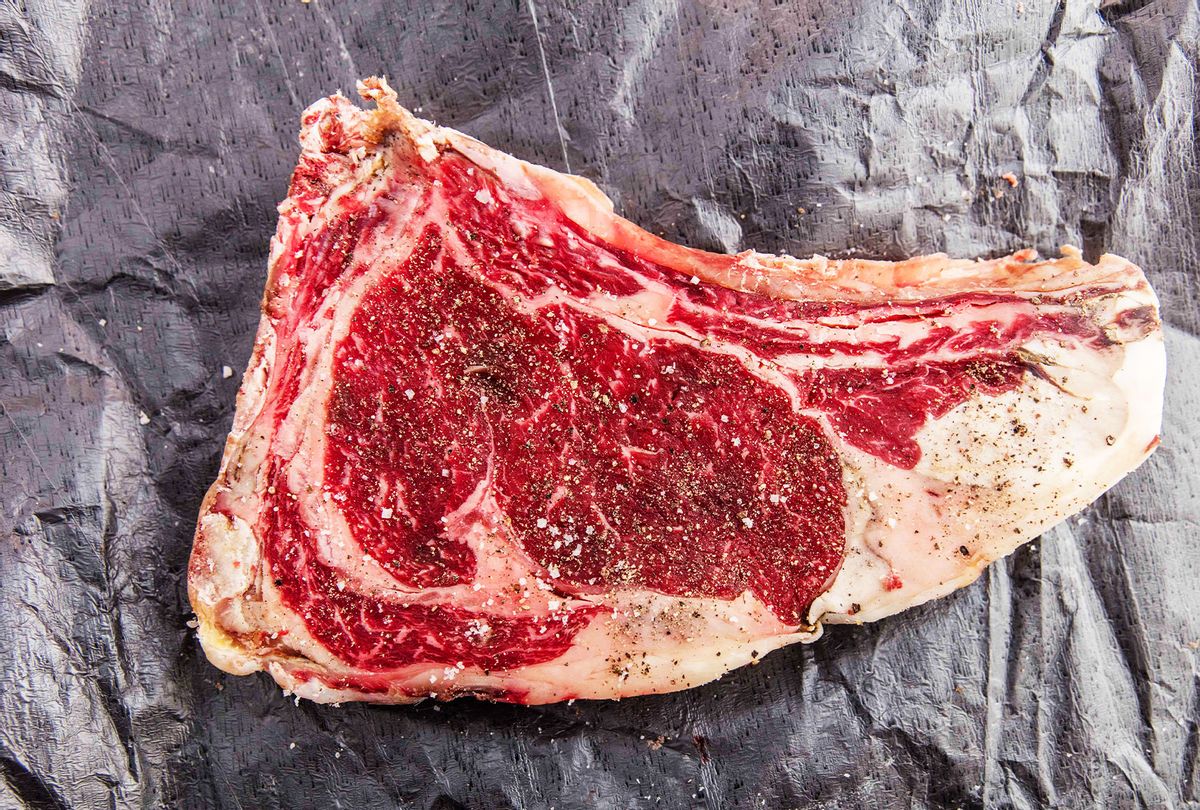
A new study provides more evidence that eating too much red meat and processed meat isn't merely bad for you — it also makes it much more likely that you will develop several serious diseases.
Published in the medical trade journal BMJ, the paper focused on popular red meat and processed meat food items from animals like cows, pigs, lambs and goats. The researchers studied statistics on meat production and trade from the United Nations Food and Agricultural Organization between 1993 and 2018. Specifically, they studied 154 countries, then recorded how the quantity of their red meat and processed meat consumption corresponded with non-communicable diseases (NCD) associated with that type of food. In particular, they calculated the proportions of deaths and years of life spent with a disability that could be attributed to diet among people at least 25 years old and were caused by coronary artery heart disease, diabetes or bowel cancer.
The conclusions were unambiguous: When you eat more red meat and more processed meat, you're more likely to get sick.
Three-quarters of the 154 countries saw increases in death rates and years-of-life-with-a-disability rates that could be specifically attributed to the global meat trade, according to the authors. In raw human numbers, this means that there were 10,898 deaths between 2016 and 2018 that were able to be specifically connected to increases in red and processed meat consumption associated with increases in trade. That is an increase of almost 75 percent from the same figures for 1993 to 1995.
Within that same period, the global meat trade fueled increases in attributable deaths by 55 percent and attributable years-of-life-with-a-disability by 71 percent in developed countries, as well as increases of 137 percent and 140 percent in developing countries.
Overall the countries most impacted were located in Northern Europe, Eastern Europe, Oceania and the Caribbean.
Want more health and science stories in your inbox? Subscribe to Salon's weekly newsletter The Vulgar Scientist.
"The health impacts of red and processed meat trade have substantially risen in Northern and Eastern European countries, as well as island countries in the Caribbean and Oceania, which hinders international and national commitments to healthy diets," the authors concluded. "Although many dietary guidelines have been suggested for both human health and environmental sustainability across the globe, few international initiatives and national guidelines for sustainable diets explicitly address the spillover impacts of meat trade across countries."
This is hardly the first study to reveal that red meat consumption is bad for you. Another recent scientific analysis, which was presented on Monday at the American Heart Association Scientific Sessions 2021, revealed that animal fat is linked to a higher risk of stroke while vegetable fat is linked to a lower risk. Its authors noted that even minor modifications in red meat and processed meat consumption could lead to "huge" improvements in public health. (The results, which were accumulated over 27 years by 117,000 health care professionals, has not yet been published in a peer-reviewed journal.)
Similarly, a July study published in the scientific journal Critical Reviews in Food Science and Nutrition reviewed the results of 1.4 million adults followed over a period of 30 years and found that eating 50 grams (1.75 ounces) more of red meat every day was associated with a nine percent higher risk of Ischemic heart disease; eating 50 grams more of processed meat every day was linked to an 18 percent increased risk. (The American Cancer Society recommends 85 grams or three ounces of meat.) By contrast, there was no associated increase linked to poultry consumption.
The notion that small alterations in one's diet can have major health consequences has been reinforced by other studies. Last year a study in the Journal of the American Medical Association how replacing animal protein with plant protein can have a drastic impact on a patient's health, cardiovascular or otherwise.
"The association between plant protein intake and overall mortality was similar across the subgroups of smoking status, diabetes, fruit consumption, vitamin supplement use, and self-reported health status," the study's co-authors explained. "Replacement of 3 percent energy from animal protein with plant protein was inversely associated with overall mortality (risk decreased 10 percent in both men and women) and cardiovascular disease mortality (11 percent lower risk in men and 12 percent lower risk in women)."
"consumption" - Google News
November 23, 2021 at 07:34AM
https://ift.tt/3kZesZo
Increased meat consumption leads to higher rates of serious disease, study finds - Salon
"consumption" - Google News
https://ift.tt/2WkKCBC
https://ift.tt/2YCP29R
Bagikan Berita Ini














0 Response to "Increased meat consumption leads to higher rates of serious disease, study finds - Salon"
Post a Comment